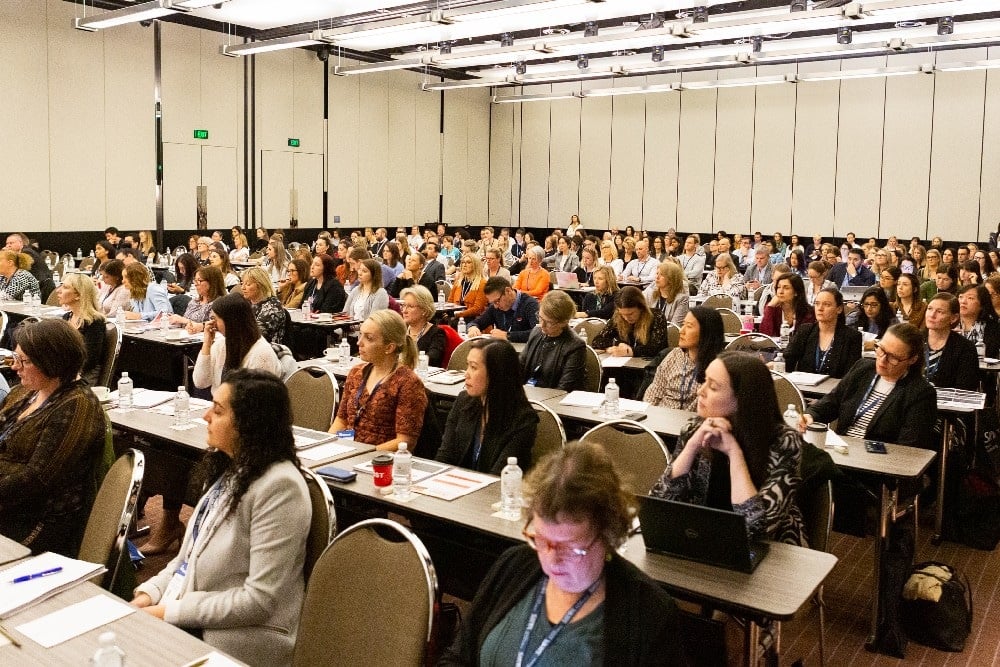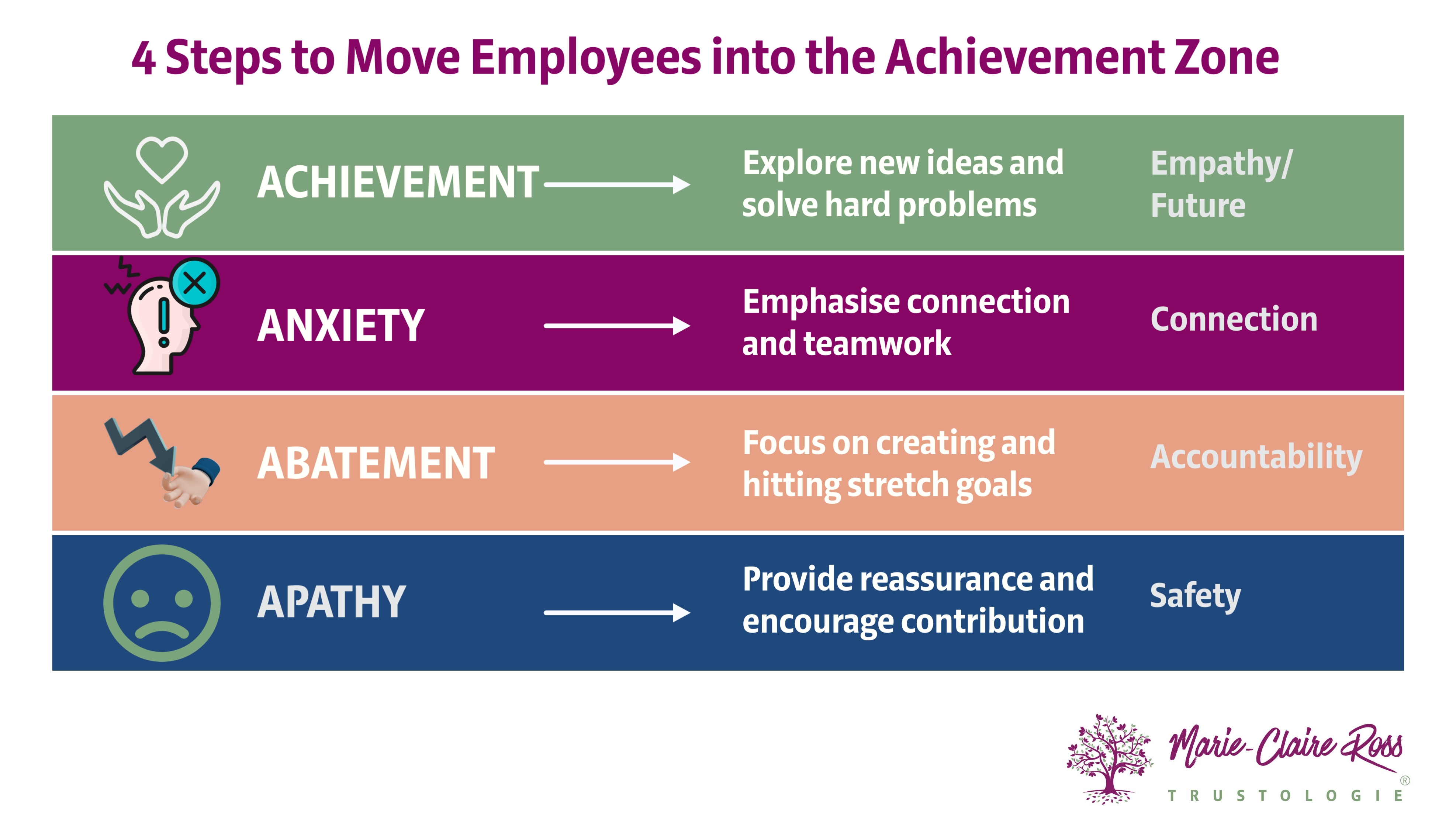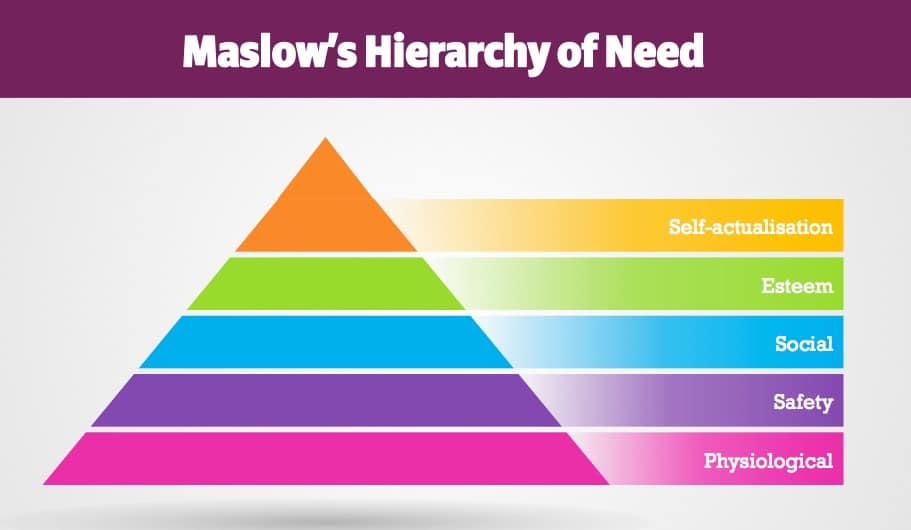11 min read
4 Practical Strategies for Better Emotional Management in the Workplace
I have a friend who often finds herself at the mercy of her emotions. Recently, she called me to rehash a confrontation she’d had with a group of...
Develop leaders, strengthen executive teams and gain deep insights with assessments designed to accelerate trust and performance.

Transform how your leaders think and perform with keynotes that spark connection, trust and high-performance cultures.

Explore practical tools, thought-leadership and resources to help you build trusted, high-performing teams.

Trustologie® is a leadership development consultancy founded by Marie-Claire Ross, specialising in helping executives and managers build high-trust, high-performing teams.

4 min read
Marie-Claire Ross : Updated on October 6, 2020

Recently, I chaired the two day Melbourne HRD HR Summit that included heads of people, culture and learning from a variety of well-known Australian and international brands. Companies such as Spotify, Australia Post, Telstra, Hesta, St Vincent de Paul Society and Mirvac.
Remarkably, for such a diverse group of organisations they were all experiencing the same types of challenges and trends. Here is a summary of the key lessons:
“Change has never been this fast, but will never be this slow again.”
Diana Nadabaum, Chief People Officer, Opteon
We all know the world of work is undergoing profound changes. Trends like automation, artificial intelligence and political changes are impacting jobs and careers. But what makes change difficult is that organisations are still applying a framework designed for another time and place. A time when there was rote, repetitive work and people were treated as human resources – not human beings. A time when companies mattered, not people.
The future of work requires overhauling the relationship between employers and workers. HR leaders are at the forefront of helping companies and their people make this transition.
The challenge?
HR having the skills to gain executive support for the people agenda. This involves a range of key capabilities such as:
One of the clearest priorities to emerge from the Summit was the importance of HR always thinking about the employee experience in everything they do. This involves handing power to employees – to choose how they work, when they work, what they work on and why.
Central to this concept is using technology to empower employees to do their job well with minimal friction and hassle.
It’s all about personalisation and contextualization. Empowering employees to customise their jobs, how they learn, be rewarded and receive information. It gives people what they want, while setting them up for success.
“Organisations that score in the top 25% on employee experience report nearly three times the revenue on assets compared to organisations in the bottom quartile.”
IBM Smarter Workforce Institute
One of the biggest trends during the summit was providing on-demand training so employees can learn whenever and wherever they want. L&D is expected to become one of the most important business functions. Fast becoming a key component in talent retention and engagement (creating tremendous commercial impact).
Employees will learn more, if it is easy to do so. Organisations need to work with employees to create the time and space. No wonder that three organisations that spoke said that providing flexible on-demand learning had been a game-changer.
One such company was Victor Chang Cardiac Research Institute (VCCRI). A key finding in their employee engagement survey was that employees wanted more learning opportunities. So they centralised their HR digital transformation around the LMS system. It has been so successful that around 50% of employees are using the system and they can’t make programs fast enough.
While NBN has created an intuitive learning system that embeds learning in the flow of work, so employees learn during daily work activities. Based on best practices and extensive employee consultation, it features bite-sized learning, that’s easily accessible and even socially connected. Not only that learners are in control, co-creating videos and curating content. In alignment with several companies, video based training is crucial for a successful LMS (see Digicast Productions for award-winning training videos).
Trust is the first step required before changing the relationship between employer and employee. In the workplace, it is needed before you have anything new – whether that’s a new leader, new process or new structure. Employees need certainty and to be able to trust those around them – particularly, leaders.
One of the pivotal skills leaders can learn is to know how to run an effective one-on-one with their direct reports. That helps employees know how to improve their performance in a safe and non-judgemental manner.
Michael Kim, the Head of HR APAC at Spotify said that “We have got a better result when managers are taught how to have regular 1:1s rather than waste time in performance reviews. How do we build strong 1:1s? By having great leaders. Trust is at the centre. They have to build a level of trust with their people. It improves innovation.”
8 out of 10 employees report that a high level of trust in their organisation fosters both innovation and investment in new projects.
Imperative Research
The key is to build trust between the employer and employee. After all, this key relationship is the number one predictor of employee engagement. Learn more about how Trustologie helps companies improve trust starting with their leadership team here.
Many of the organisations that spoke talked about how their leaders need to learn to trust people to choose how they spend their time. While from an organisational level, many were reducing approval processes, so that people know that they are trusted in their organisation.
To adapt and stay relevant, organisations need to invest in the employee experience, in order to nurture a positive, high-trust culture. It all starts with leaders understanding the importance of humanising the workplace. And evolving to a new mindset where they trust people to make the right decisions, work flexibly and support one another.
This requires HR leaders to demonstrate the importance of employee experience and on-demand learning to the leadership team – through showing data that connects people costs to achieving strategy.
To find out more about the insights that were shared at the summit, we are offering exclusive executive briefings on the dying trends, emerging trends and evolving best practices (with lots of strategies and tactics) for smart organisations who want to get ahead of the curve. This is a perfect way to help your leadership team understand the important changes in the marketplace. But also to provide HR with important tips and insights. One hour briefings are face to face or online and are complimentary. We only have limited places available. Book now to secure your spot by calling 0438 986 630 or emailing marie-claire@trustologie.com.au.

11 min read
I have a friend who often finds herself at the mercy of her emotions. Recently, she called me to rehash a confrontation she’d had with a group of...

9 min read
True leadership presence isn’t a performance or a set of charisma hacks; it is the felt experience of who you are being in the room. By cultivating...

13 min read
As teams return from their summer (or winter) break, you may notice subtle shifts in your team’s energy. Even if the end of year was positive, a new...
With the rate of change and uncertainty in the world, CEOs think about trust regularly – no matter the size of their organisation.

After 10 years of resisting Married at First Sight Australia, I have succumbed to the "social experiment." It's where Aussie singles tie the knot...

The pace of change within most organisations is accelerating. It’s now commonplace for companies to be restructuring, changing their business model,...